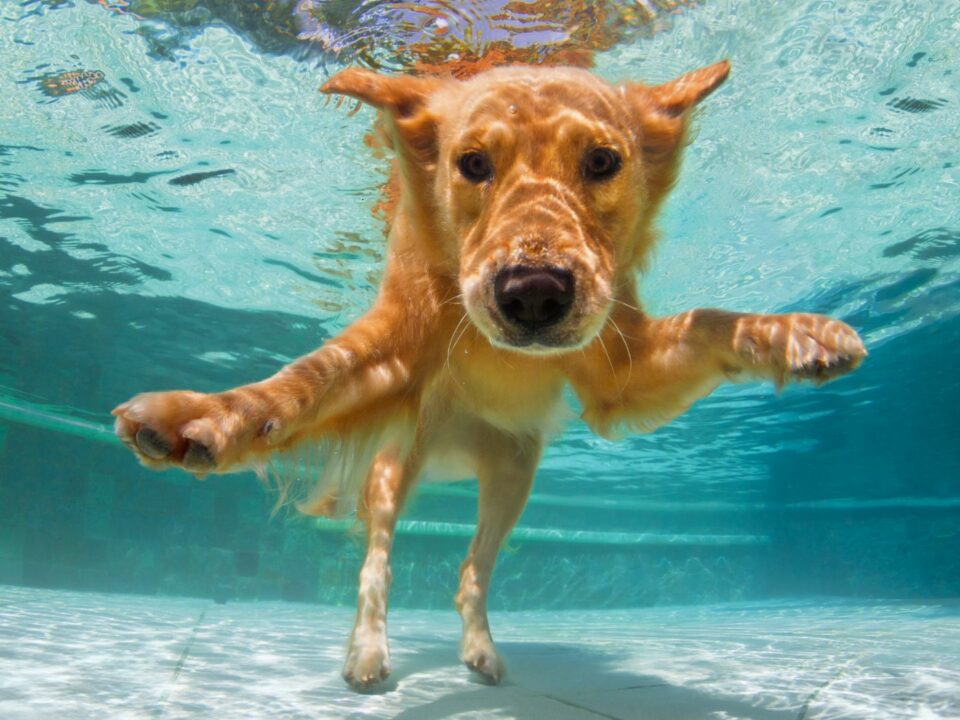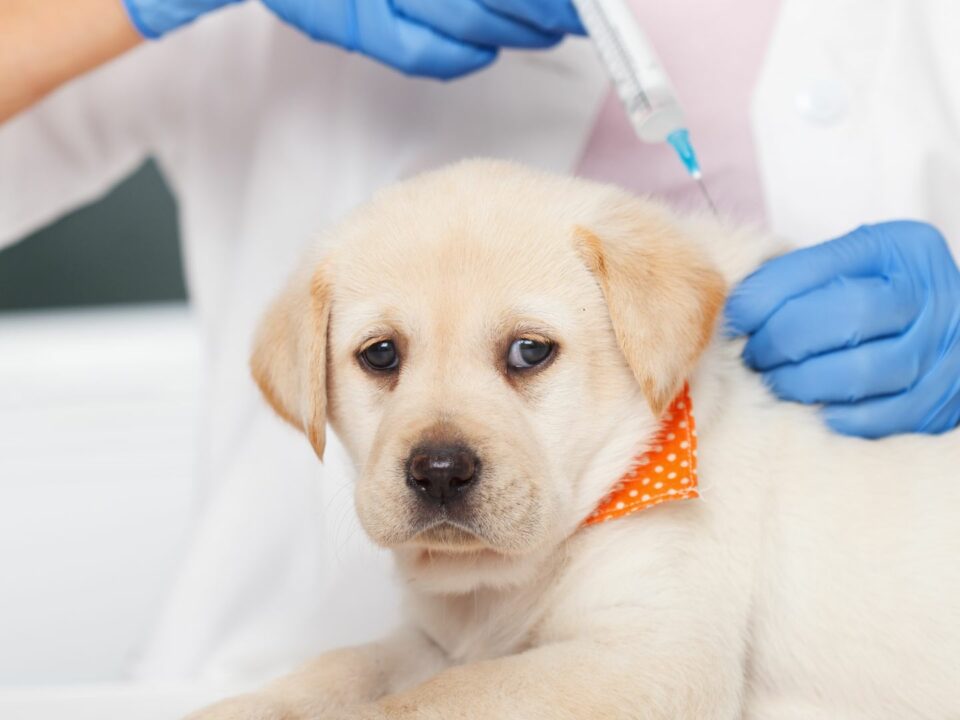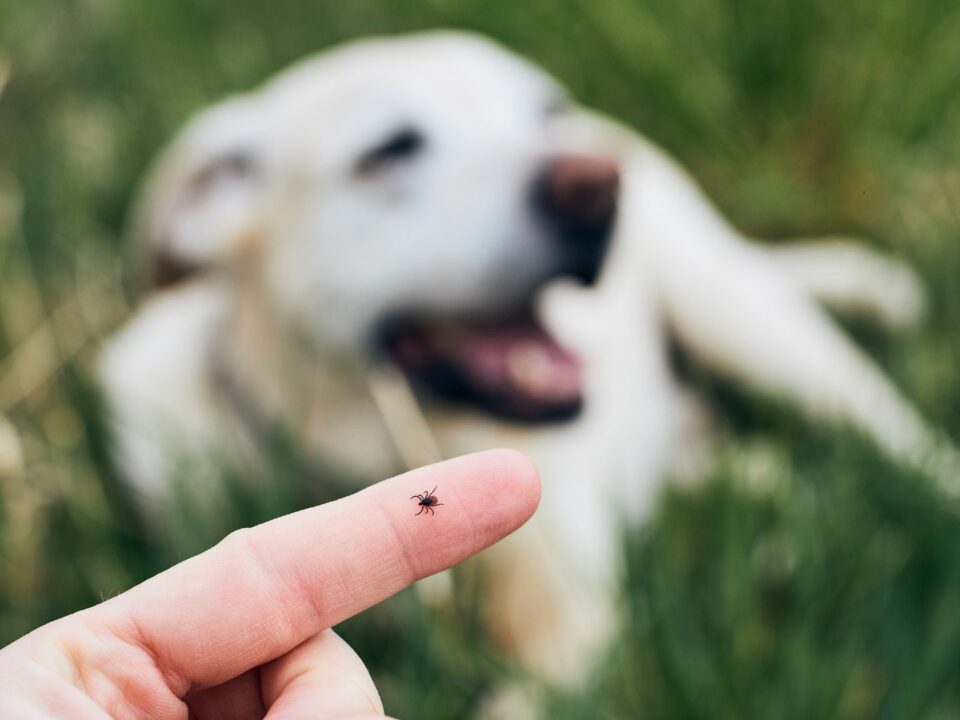
Cat Care for Beginners
August 8, 2022
Signs of Feline Immunodeficiency Virus
December 22, 2022Dental Problems in Dogs – 10 Common Signs to Look For
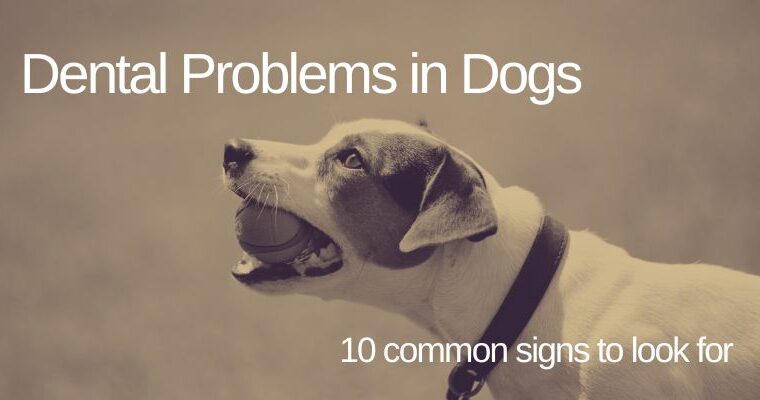
Your dog’s teeth – an essential tool for play, transporting objects, and of course, chewing! You may be a new dog parent who has just finished preparing their home for Fido before thinking – “what about his teeth?!”. Or, you may have received an unpleasant whiff during your evening greeting as your older dog covers you with wet slobbery ‘kisses’.
Daily life takes a toll on your dog’s dental health, particularly if a daily dental care routine isn’t followed. In fact, dental problems are some of the most common health issues in dogs, and if left untreated, can have serious complications.
The good news is it can be easy to spot dental issues to bring up with your local veterinarian. We’ve compiled 10 of the most common signs to look out for, information on some of the most common issues, along with some tips to maintain your dog’s dental health.
Read on for more.
Common signs of dental problems in dogs
- Discoloured teeth
- Excessive drooling
- Brown stains on the teeth or gums
- A visible build-up of tartar
- Gum inflammation
- Blood spots on the dogs bedding or chew toys
- Pawing at the mouth or signs of dental pain
- A swollen mouth or face
- A change in appetite or difficulty eating
- A difference in behaviour or personality changes
What causes dental issues in dogs?
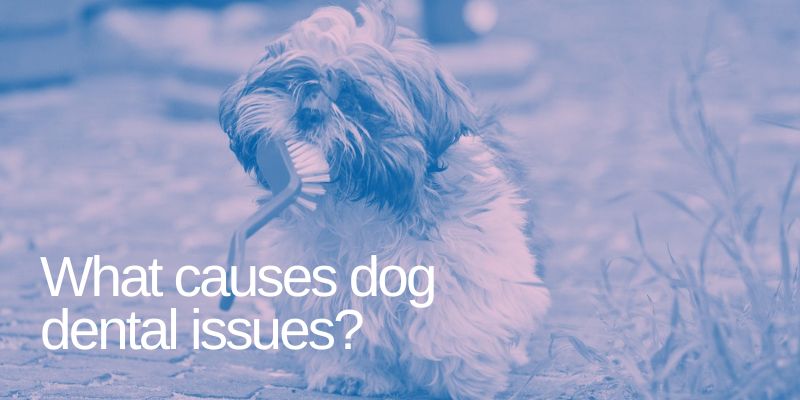
Thankfully, some dental issues can be solved with a good clean and a dental chew a day. In other cases, more intensive treatment is needed such as dog dental surgery. Armed with the right information, you will know if you need to act quickly and get your furry friend to the emergency vet, or if the problem can wait until their annual oral examinations.
Some potential causes of the above signs of dental issues include:
Gum disease
This is a common dental issue in both humans and dogs. A build-up of plaque and tartar create bacteria, which makes its way under the gum line.
This bacterial plaque can result in bone and tissue damage, eventually causing the teeth to loosen from their sockets. This extreme oral tissue reaction occurs if a problem goes untreated.
Accumulation of plaque and tartar
Plaque is a natural biofilm that forms on the teeth over a 24-hour period. It is comprised mainly of bacteria and can cause odour and gum irritation when left in the mouth. If not removed often, the plaque hardens and turns into tartar.
Tartar build up is often the cause of tooth decay, periodontal disease and loose teeth. As plaque thickens, dog owners may notice bad breath and bleeding gums in their dogs. To address this issue, talk to your local veterinarian about your puppy’s food diet or your dog’s chewing habits.
An oral infection
Oral infections occur when the teeth are allowed to rot. Oral infection causes pockets of bacteria to build up. This can lead to an infection which can present as an abscess, causing facial swelling and requiring drainage to fix.
Fractured teeth
Dogs are powerful chewers. It feels good, provides mental stimulation, and is an important part of their mouth health.
However, chewing the wrong things can cause the teeth to break or fracture, resulting in extreme pain and requiring emergency repair. To prevent tooth fractures, avoid chew toys made from hard plastic or bone.
Retained baby teeth
Remember those sharp-as-a-toothpick little teeth that your dog had when they were a puppy? These are their baby teeth, or deciduous teeth, and they should come out to make way for the adult teeth, just like the human mouth.
In some instances, the dog can retain their puppy teeth even after their adult teeth grow. While this won’t result in your dog needing braces, many vets recommend their removal to prevent wonky teeth or tartar build up.
The best way to care for your dog’s teeth
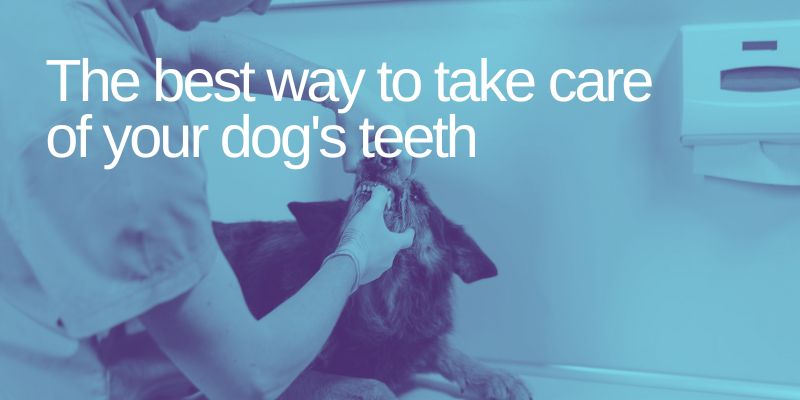
The best way to care for your dog’s teeth is with a daily brushing routine. However, few dogs will tolerate this habit, and many owners find it difficult to maintain. In this case, offer your canine a daily dental chew to prevent plaque and tartar build up.
However, if you can start the habit early with your puppy, you may have better success as they grow into an adult dog. If you’ve just adopted a new puppy into your family, read our post on how to care for a new puppy.
Make an appointment with your puppy’s dental specialist
It’s essential to get to your vet the moment you start to notice signs and symptoms of dental problems in your dog. A bacterial infection in the mouth or a build-up of bacteria in the gums can easily enter the bloodstream, moving towards the heart, liver, kidneys and in extreme cases, the brain. This can be life threatening as the organs are at risk of becoming diseased or failing.
If your dog is showing signs of dental problems, check in with your vet as soon as possible. If you notice that they are in pain, not eating, listless, different from their usual demeanour or anything else out of the ordinary occurs, get to the emergency vet straight away.
Need a local vet in Sydney?
Here at Rossmore Veterinary Hospital, we are here for your pets whenever they need us, with an after-hours emergency service for critical injury or illness. In many cases, your dog may just need a thorough professional clean. If the situation is more extreme, we are equipped to handle it, with the capacity to treat all domestic and rural animals thanks to our dedicated MR unit, and full team of high trained and qualified vets.
Ready to book your dog in for their annual check-up? Get in touch with Rossmore Hospital today.
If you need after hours emergency assistance: call our emergency line on 0427 019 109.

